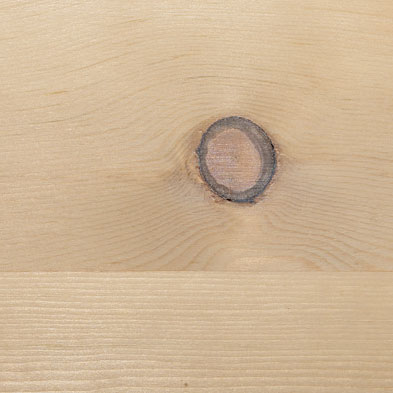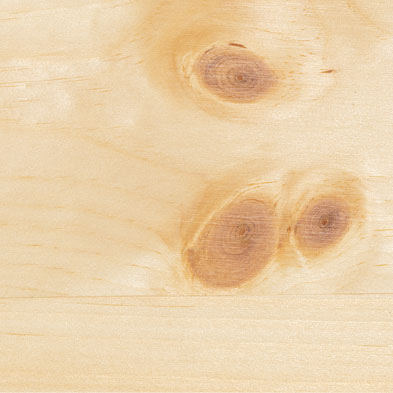When it comes to healthy lifestyle, we are mostly talking about regular physical activity, balanced diet and less stress. People often forget that healthy sleep is one of the most important requirements for physical and mental wellbeing and, therefore, for living healthy in general.
Why does our body need sleep?
Sleep is a natural part of our life. However, very few people know how important sleep really is. Although science still doesn't fully understand why we need sleep, we know that the most important organs and regulatory systems of the body continue to work during sleep. Some regions of the body, for example the brain, are even more active and certain hormones are only produced during sleep.
How much sleep do we need?
The ideal sleep duration is still a contentious issue. According to studies conducted in the USA and in Japan, we should sleep between six and seven hours, which corresponds more or less to the average in Germany (proven by a study of the University of Regensburg).
Lack of sleep can have dramatic effects on the human body. Scientists at the University of Warwick found in a study, which was conducted in 2007 and included 10.000 people, that lack of sleep doubles the heart attack risk in the long run and, consequently, shortens life.
What happens when we sleep?
On average, we sleep one third of our lives and if we sum up all the time we sleep, the amount would be a few decades. Many people believe that sleep goes hand in hand with rest, health and stress management - which is absolutely true.
During sleep, our body is on standby - our muscles relax, breathing and pulse slow down. Our energy reserves are refilled and our nervous and immune system recovers from stress. Processes in our brain are changing due to certain chemical reactions.
Tired people are, therefore, inattentive, irritable and anxious. If people permanently sleep bad or too little, they can become ill in the long run. This means that sleep deprivation can lead to serious health problems like high blood pressure, diabetes, or obesity.
Stages of sleep
With the help of methods like electroencephalography (EEG), which measures our brain activity, electrooculography (EOG), which records our eye movements, and electromyography (EMG), which measures our muscle activity, scientists found that sleep can be divided into different stages: four non-REM stages and REM.
Stage 1: Drowsy sleep
When lying in bed, most people feel drowsy after a few minutes and prepare to drift off. Usually, we spend 10 percent of the night in a state between wakefulness and drowsy sleep.
Stage 2: Light sleep
In stage 2, our eyes are at rest and actively closed. Our muscles begin to relax and our body becomes disengaged from its surroundings. Most scientists agree that this stage, in which we spend about half of our sleep time, is the actual beginning of sleep.
Stage 3 and 4: Deep sleep
Stage 3 and four are called deep sleep, since our eyes stop moving completely, our muscles are totally relaxed, and our breathing and heartbeat slow down. Our body regenerates and refills energy reserves. Adults spend about 20 percent of their night in that stage, which declines with age.
Stage 5: REM sleep
During REM (rapid eye movement) sleep heartbeat and blood pressure increase and we breath more quickly and irregularly. Whereas deep sleep is responsible for physical regeneration, REM sleep (20% of total sleep time) is more important for mental rest and relaxation, since we dream in that stage.
Healthy sleep is the most important thing for your wellbeing
 Scientific research - for example, by Barbara Schütz, naturopath in Neutraubling, Germany - shows that there are very important links between being awake, sleep and wellbeing. More and more people are interested in sleeping healthy and how sleep can be used as source of energy, especially before having any sleep problems. Since our life is full of environmental and personal demands and pressures, physical, emotional and mental regeneration becomes more and more important.
Scientific research - for example, by Barbara Schütz, naturopath in Neutraubling, Germany - shows that there are very important links between being awake, sleep and wellbeing. More and more people are interested in sleeping healthy and how sleep can be used as source of energy, especially before having any sleep problems. Since our life is full of environmental and personal demands and pressures, physical, emotional and mental regeneration becomes more and more important.
Consciously organised sleep gives us a chance for generally feeling healthy and good-tempered. Hence, we have a source of energy, which can lead to increased efficiency and vitality. We know now for a long time that sleep is vital for life. However, only few people know that sleep can also help to deal with stress. Healthy sleep is the most important source of being fit and productive every day.
Sleep is certainly the most important source of being healthy! Restful sleep is - besides good nutrition and physical activity - one of the three most important pillars for a healthy life.

































